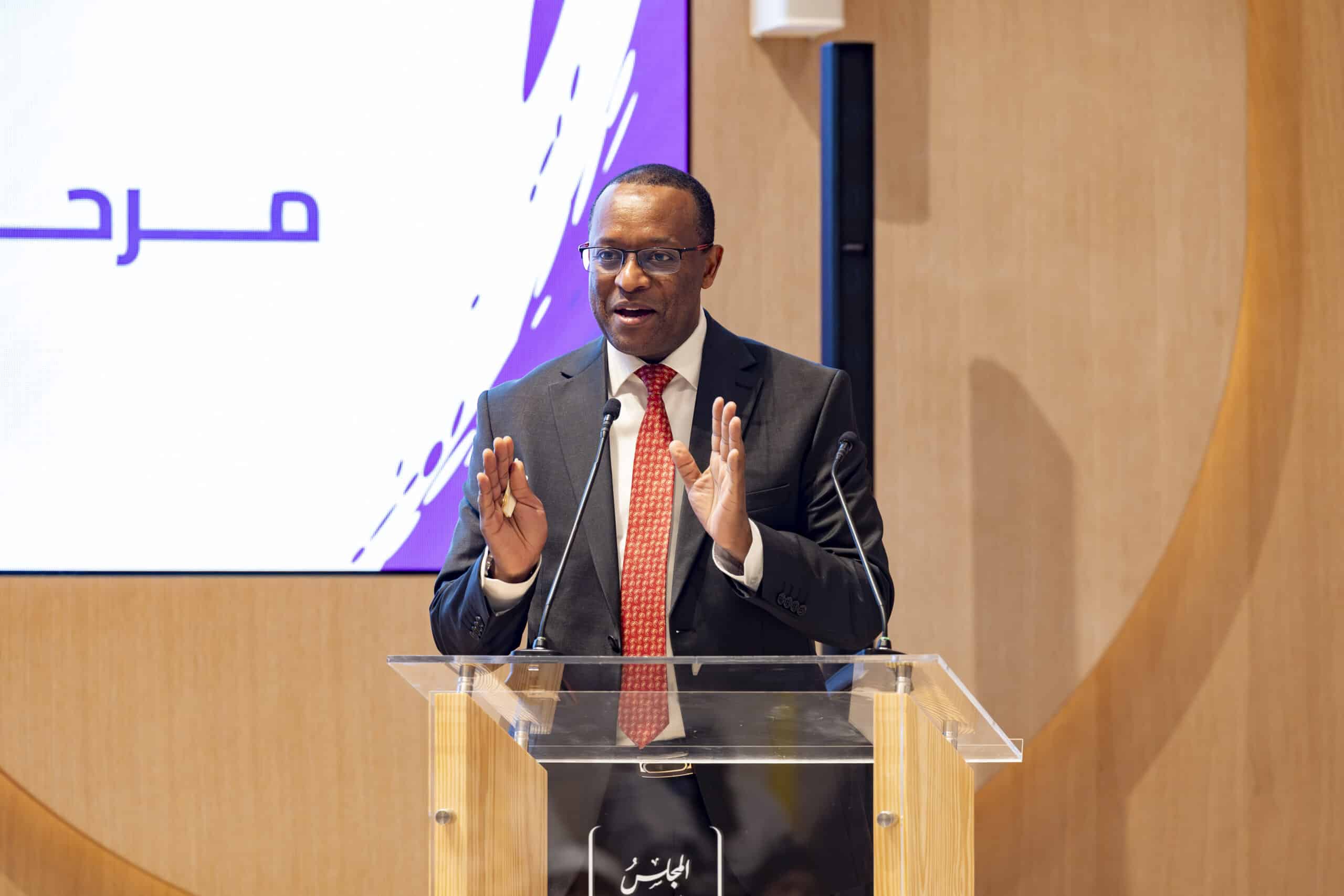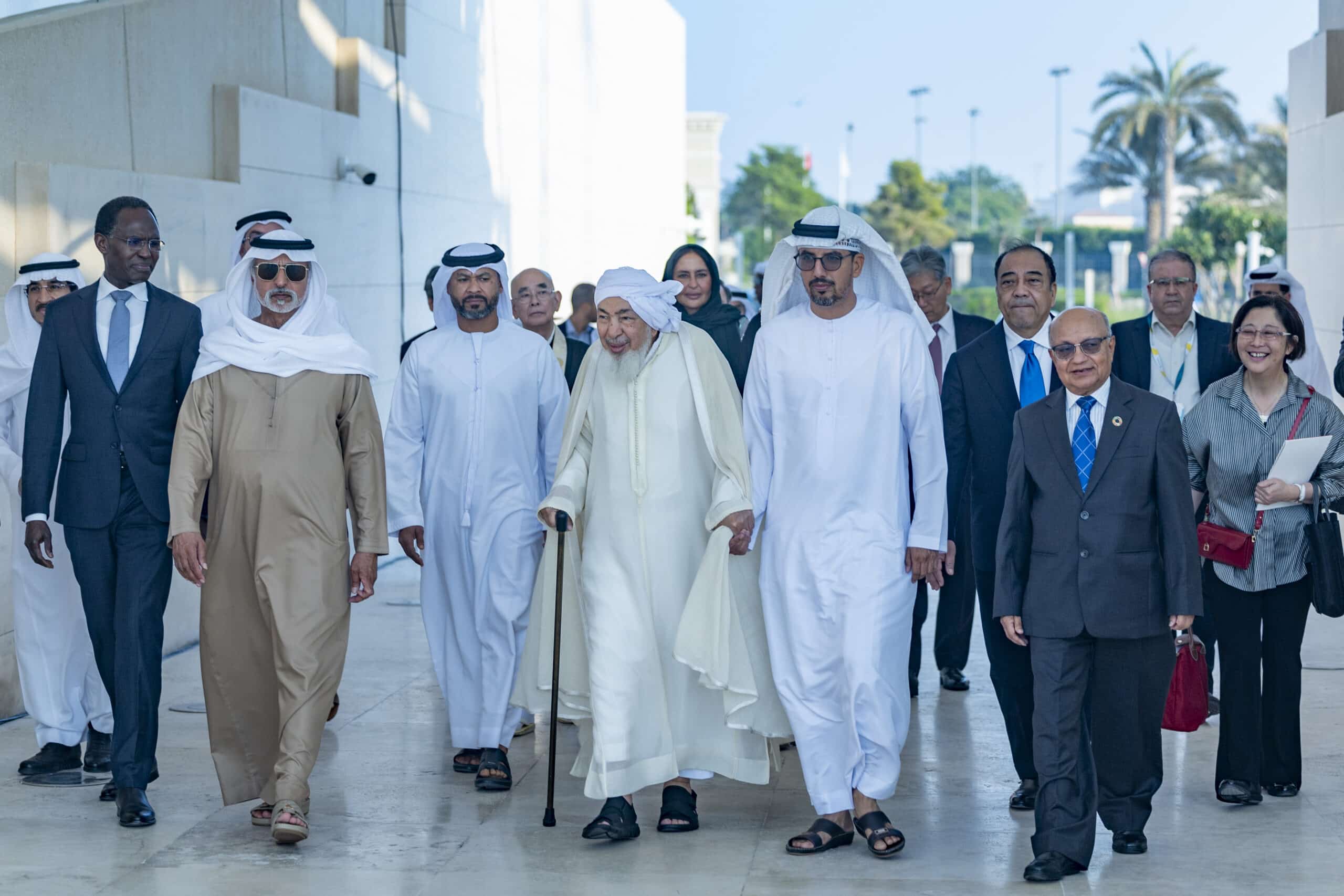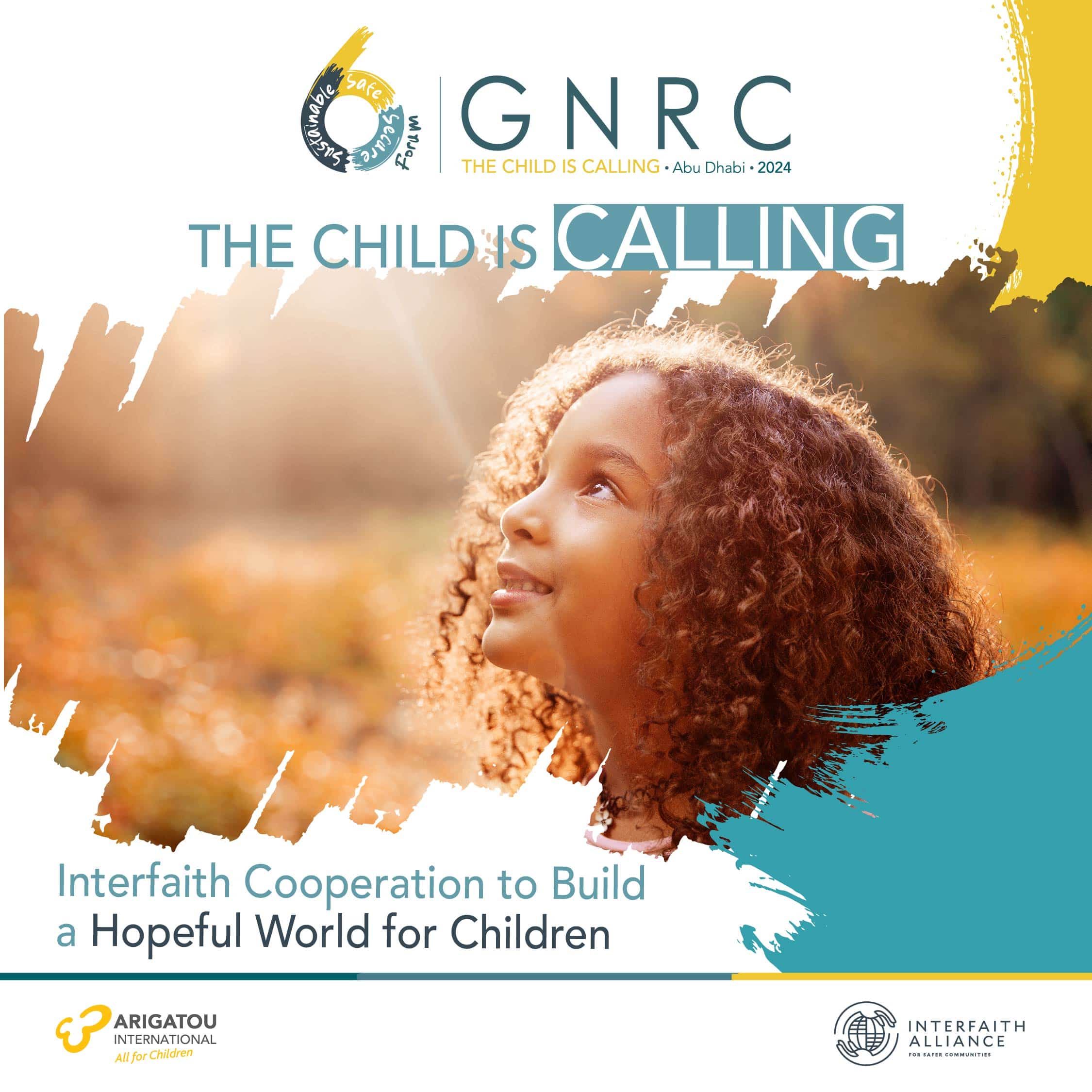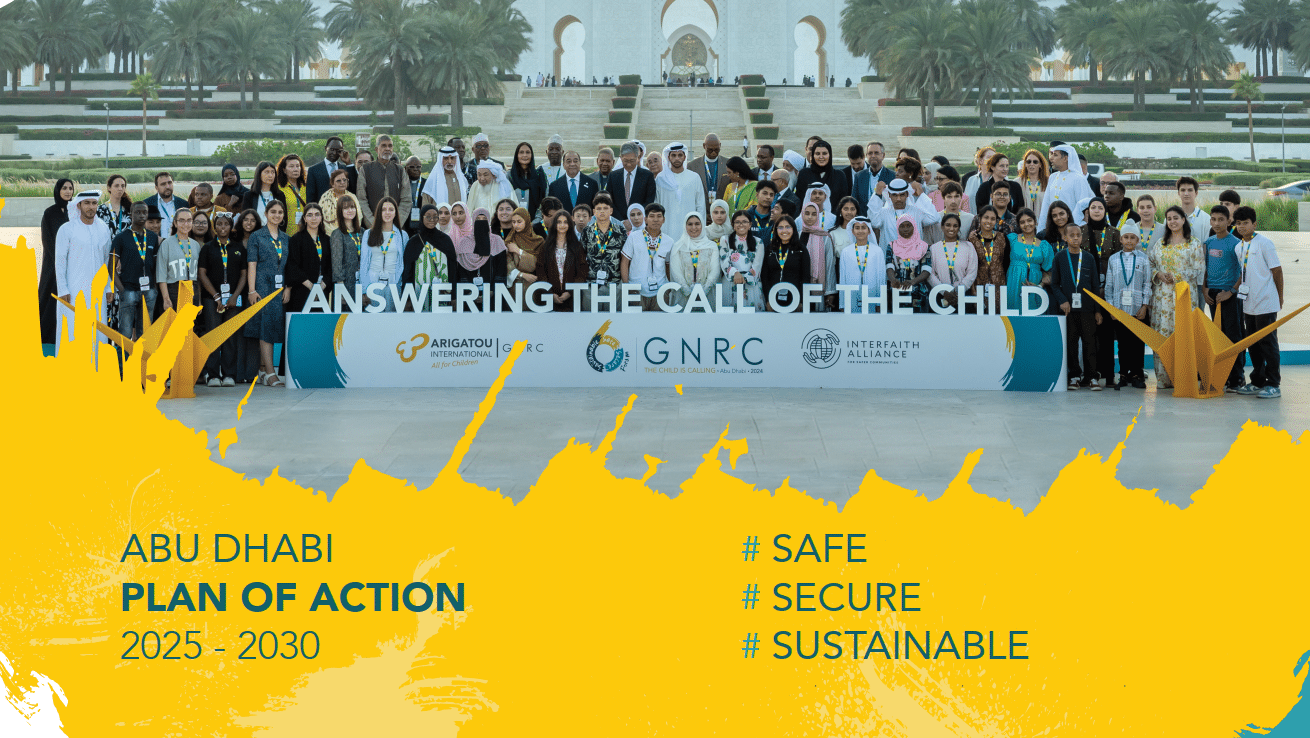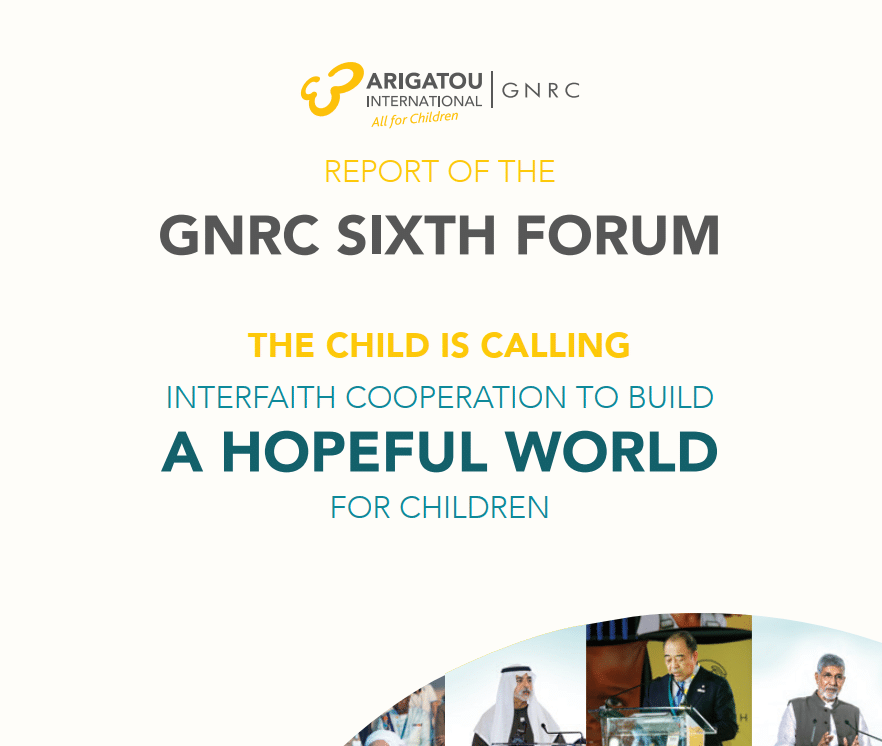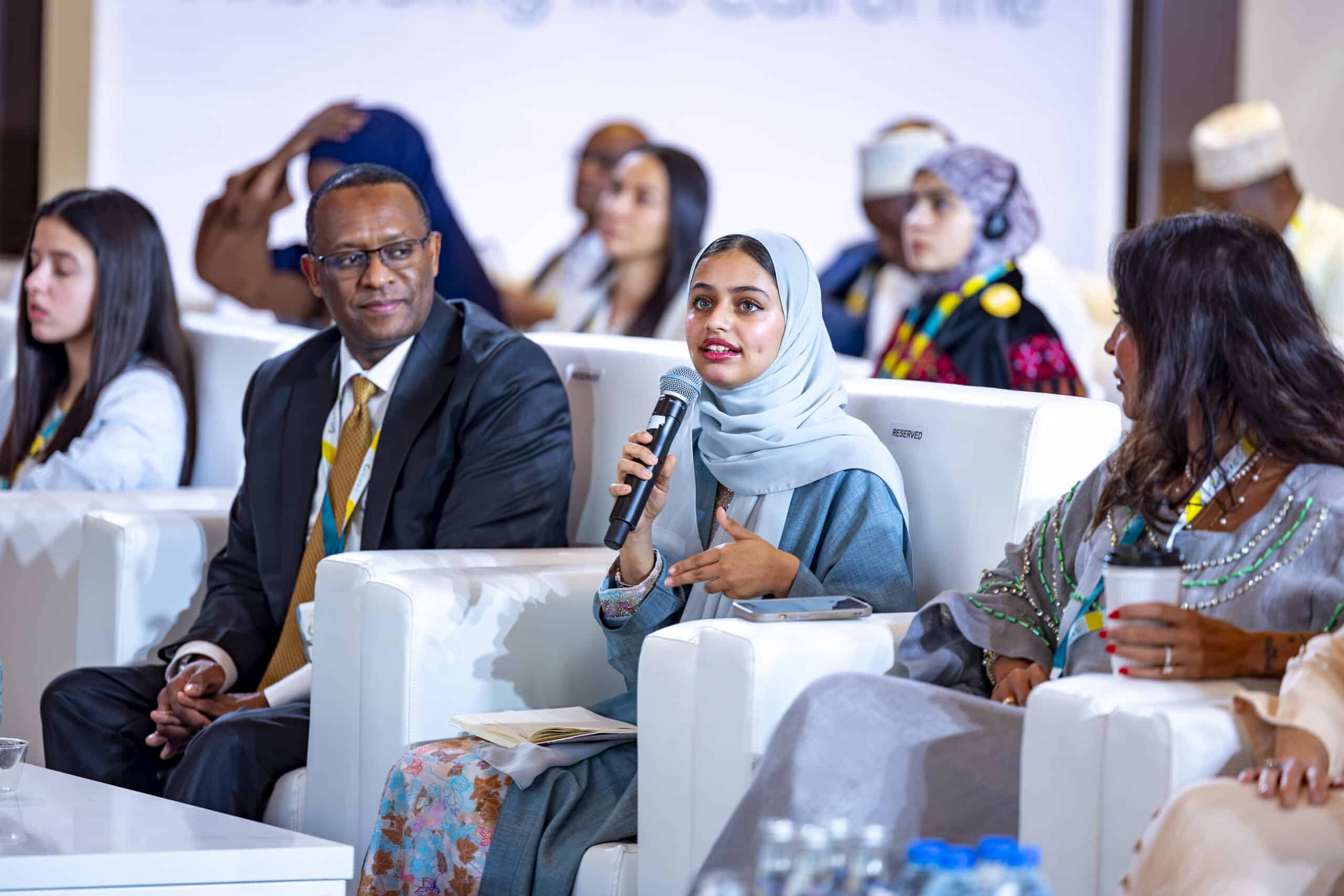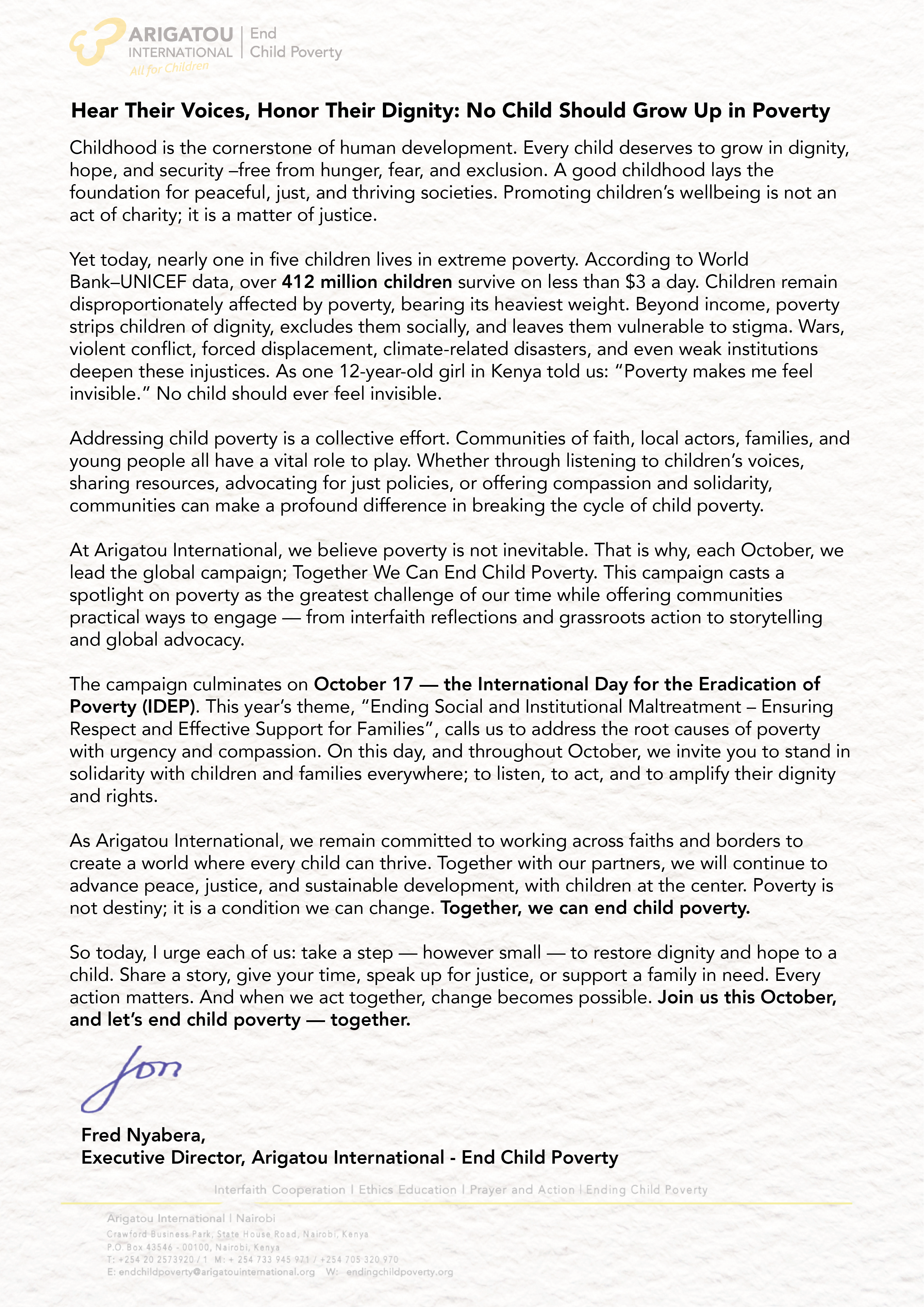
Childhood should be a time of joy, safety, and growth—but for over 412 million children living in extreme poverty, it is marked by hunger, fear, and exclusion. Poverty robs children of their dignity and potential, undermining their physical, emotional, and spiritual development. Its roots lie in systemic inequality, violent conflict, climate-related disasters, and economic instability—issues that demand collective, compassionate action. Fred Nyabera calls on communities, faith leaders, and individuals to unite in restoring dignity and justice for every child.
Ending child poverty is not just a Childhood should be a time of joy, safety, and growth—but for over 412 million children living in extreme poverty, it is marked by hunger, fear, and exclusion. Poverty robs children of their dignity and potential, undermining their physical, emotional, and spiritual development. Its roots lie in systemic inequality, violent conflict, climate-related disasters, and economic instability—issues that demand collective, compassionate action.
Poverty robs children of dignity and opportunity. On October 17, the world will mark the International Day for the Eradication of Poverty (IDEP). This IDEP, we Answer the Call of the Child, inspired by the GNRC Strategy 2030 and the Abu Dhabi Declaration on Building a Hopeful World for Children. Through the global campaign Together We Can End Child Poverty, we raise our voices to ensure every child grows up safe, secure, and in a sustainable world.
Rev. Fred Nyabera, Executive Director, Arigatou International – End Child Poverty, calls on communities, faith leaders, and individuals to unite in restoring dignity and justice for every child. Ending child poverty is not just a policy goal—it is a moral imperative grounded in compassion, equity, and the belief that no child should be left behind.


